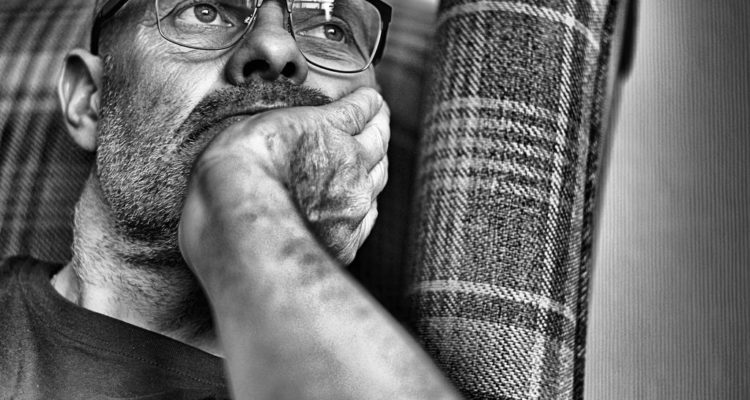I can’t change my story, but I can leverage it for the good of the Kingdom.
My life has been tragedy free for the most part. But one season of life makes me quiver inside just reflecting back upon it. Let me explain and then try to offer it up for the good of my fellow youth worker.
For four years I worked with an intern who was abusing kids and keeping the sinister behavior secret. I only know now because of the courage of two of his victims to come forward and report the abuse. By then he was ministering in another state, as was I, but I become embroiled in a traumatic controversy that landed him in jail, the church where were served decimated by leadership’s poor handling of the revelation, and multiple victims (there were many more than two) grasping for healing.
I can’t change the story. A half dozen kids (at least) fell victim to this depraved perpetrator. My life was collateral damage. I was not a direct victim, but feel prey to poorly managed confrontation with former ministry colleagues in the wake of his arrest. That’s a whole different blog.
If I can’t change my story, what can I do?
Well, I’m resolute in one thing — I don’t want other people to have to endure similar gut-wrenching seasons. Far too many churches are guilty of doing too little. Youth workers, we have to consider three things:
Protection
As a matter of policy, what is and is not allowed of your leaders in their interaction with students? What opportunities do your leaders have to be alone with students? What expectation is placed upon adult volunteers in communicating with you when they are with students outside of church programming? How do you communicate with parents these policies? All these questions are worthy of answers and action on our part.
Protect your kids from predators and protect your volunteers from false accusations.
Detection
In undergraduate school, grad school, internship experiences, or on-the-job-training, I have received a grand total of zero hours of training on detecting child abuse. Until we developed a policy in our present ministry, we required zero hours of training for small group leaders and other volunteers. This is unacceptable.
We must be trained to recognize grooming and other signs that a student under our care is being abused. We may still fail to recognize it, but at least we will have tried to be prepared.
Reporting
You likely know that you are a mandated reporter of alleged abuse. Sadly, far too often churches attempt to handle these situations in-house. We are not investigators. We are not the judge and jury. We do not get to make a judgement call about guilt or innocence. When we are made aware of a potential abuse situation, we are required to report it to the appropriate authorities. While state laws vary, every state has laws. We need to know them, and we need to follow them.
If any good came from an awful situation, it’s that we developed a policy for our ministry that addresses protection, detection, and reporting. It’s not perfect policy, but we’ve had to use it since and it functioned well. I am still hopeful our old church will do the same.
I can’t change my story…I desperately wish I could. But I can try and use my experience to benefit the Kingdom and my fellow youth workers. So, if you are convinced but don’t know where to start, or if you’d like to simply compare ours with yours, shoot me an e-mail and I’d be happy to send you our policy. You can email me at: titusbenton@currentchristian.org




